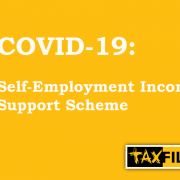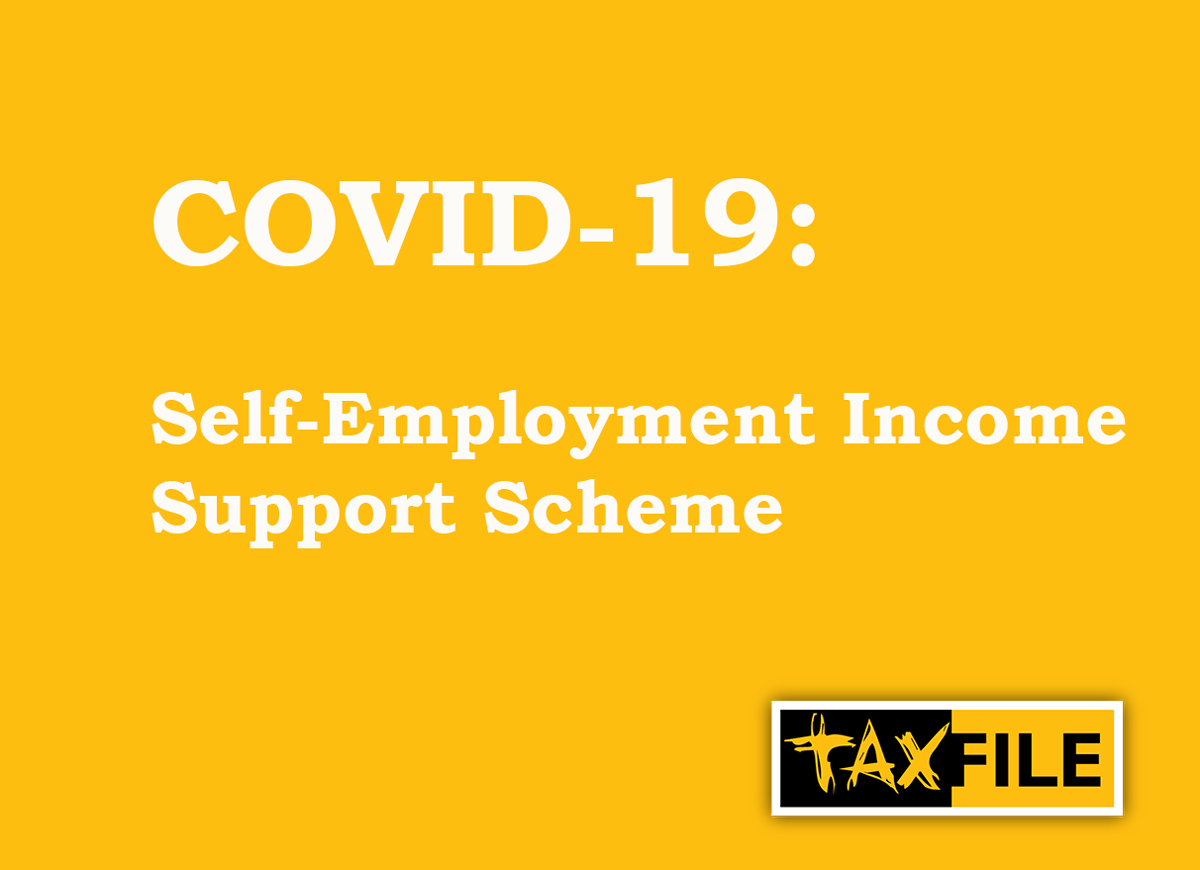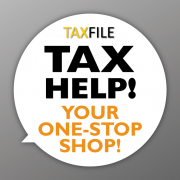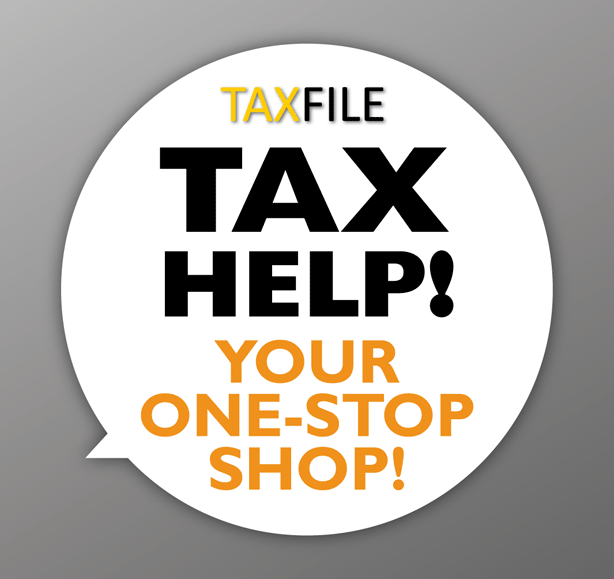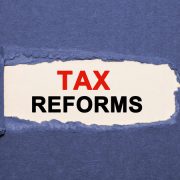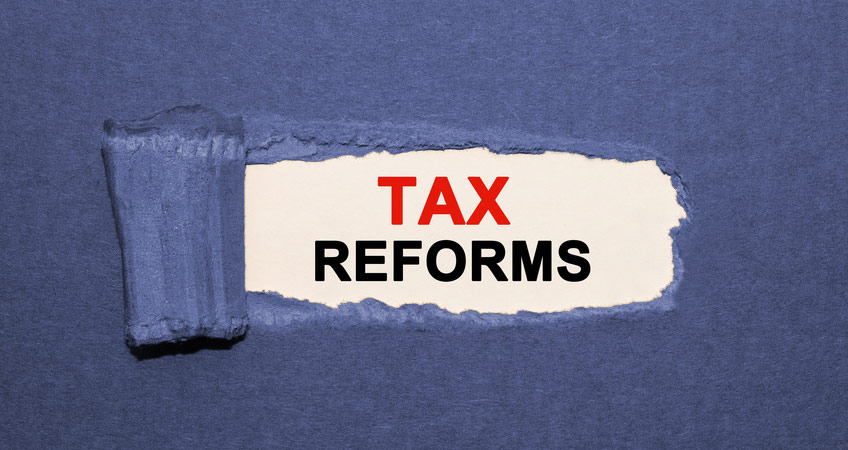Coronavirus: Government Support for the Self-Employed
Rishi Sunak, the UK Chancellor of the Exchequer has announced the self-employed and those who run a business as a partnership are to receive 80% of earnings, calculated from the mean average of their trading profits for the 3 previous tax returns (2016/17, 2017/18, & 2018/19). The trading profit is the taxable profit that is calculated as part of your income tax return, from either self-employment or as part of a partnership.
The scheme is called the Self-Employment Income Support Scheme (SEISS).
The average is determined by adding the trading profits for the three years, then dividing by three (if you’ve only been trading for two years, the government will add those two years and divide by two instead). This average can then be divided by 12 to calculate you monthly income average. 80% of this average will be what the government will offer you as a grant which is taxable (-meaning it will need to be declared in your 2020/21 tax return as income received).
The grant is capped at £2,500 p/m and last only for 3 months (although this may be extended depending on how the coronavirus pandemic plays out in the UK).
For you to be eligible, more than half of your income must come from your self-employment. In other words, you can’t claim if more than half your income come comes from another source, such as full-time employment.
Similarly, if more than 50% of your income comes from other sources usually included on your Self-Assessment tax return, such as investment or rental income, then you are not eligible.
Furthermore, you aren’t eligible for the grant if the 2018-19 trading profit is equal to or greater than £50,000, and the average profits for previous years starting in 2016-17 are equal to or greater than £50,000.
If you have not yet submitted your 2018/19 tax return (that was due 31/01/20), you will NOT be eligible for the grant. If you were self-employed during this period (06/04/2018-05/04/2019), then you have till the 23rd of April to submit your tax return and qualify for the SEISS. Contact us at Taxfile to help submit your 2018/19 tax return on 020 8761 8000.
Who isn’t eligible?
You are not eligible for the SEISS grant if any of the following applies:
- Your trading profits are equal to or more than £50,000 – for both tax year 2018/19 and when averaged across the tax years you traded in during last three full tax years starting in 2016/17.
- You aren’t self-employed or in a partnership at the moment, or don’t intend to be in the future. It’s not enough to merely be enrolled for Self Assessment and to have undertaken self-employment work or have a role in a partnership at some point in the past year. You must be trading now and intend to do so in the 2020/21 tax year too.
- You failed to submit a Self Assessment tax return for the 2018/19 tax year before 23 April 2020.
- You haven’t lost trading profits due to the coronavirus outbreak.
- Less than 50% of your income comes from your self-employment or partnership.
To apply for the SEISS, the government will contact you (via post) and invite you to apply online, using details they have via your self-assessment registration. It is estimated that the scheme will be available from June 2020, and that will be the earliest that the grant will be available to the self-employed.
Other coronavirus measures for self-employed workers
There are other coronavirus emergency measures that the government has put in place that might help you, as a self-employed individual or member of a partnership.
Deferred income tax payments
Self Assessment payments due on 31 July 2020 (that is, income tax payments on account) can be deferred until 31 January 2021.
Anybody who fills in a Self Assessment return and who is liable for payments on account can make use of this, not just the self-employed.
Time to Pay
If you’re self-employed and struggling to meet outstanding tax obligations due to financial difficulties, you can contact HMRC to see if you’re eligible for support via the existing HMRC Time to Pay Scheme. This allows more time to settle financial obligations if you can demonstrate a reasonable ability to pay in future. Contact HMRC on the special coronavirus helpline: 0800 0159 559.
Universal Credit increases
Because of the coronavirus outbreak, the government has increased Universal Credit amounts beyond the already anticipated yearly increase as of April 2020.
The standard allowance will be £409.89 per month.
Grants for businesses that pay little or no rates
If your business operates from a property and is registered for the Small Business Rate Relief (SBRR), or Rural Rate Relief (RRR), then it will receive an automatic grant of £10,000 from your local authority.
You don’t need to do anything to receive this (note: the requirements differ depending on where in the UK your business is located).
However, if your business doesn’t pay any rates, you may need to contact your local authority to ensure it has your bank details for the payment.
Coronavirus Business Interruption Loan Scheme
Businesses can apply for a loan with approved lenders. The government will underwrite 80% of the loan, making the loan more widely available to those who might not normally be able to apply.
It will also pay the interest for the first six months.
MOTs have been suspended
Those who use a vehicle for their self-employed work will be pleased to hear that MOTs have been suspended for six months, provided the MOT falls after 30 March 2020.
The vehicle must be kept in a road-worthy condition but the exemption is automatic, so there’s no need to apply for it.
If in your self-employment business you use a lorry, bus or trailer then there are different rules – MOTs are suspended for three months as of 21 March 2020.
This again is automatic, although you may need to apply under certain conditions.
Deferral of VAT Payments
If you are a VAT registered business in the UK and have a VAT payment to make between 20/03/20 & 30/06/20, this payment can be now deferred till 31/03/2021 without any penalties or charges imposed. If you pay via Direct debit, this needs to be cancelled with your bank for the deferment to occur. More information can be found at deferral of VAT payments due to coronavirus (COVID-19).

